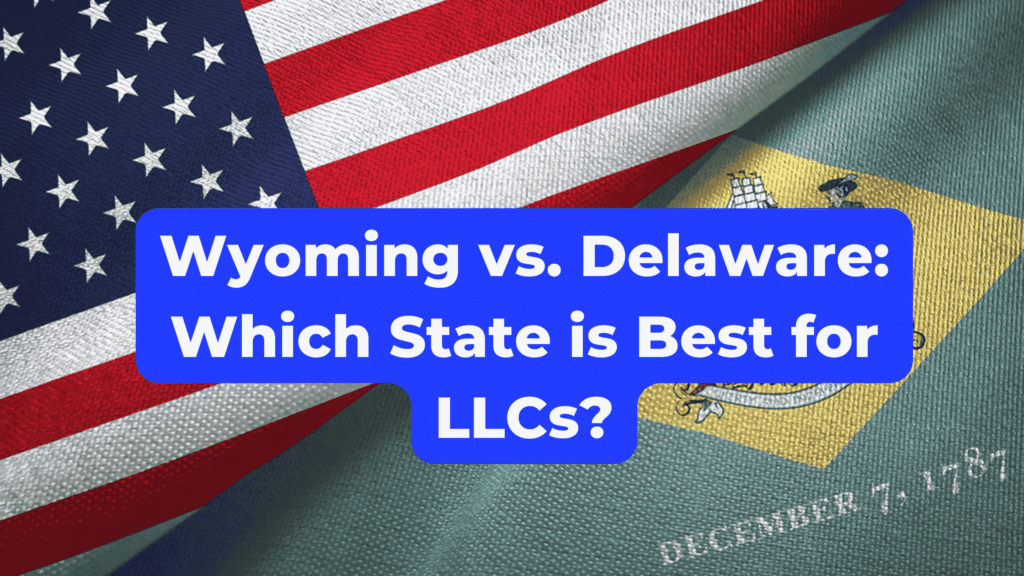Starting a new business venture can be an exhilarating and rewarding experience. As entrepreneurs embark on their startup journey, their focus is often on developing innovative products or services, attracting customers, and securing funding. However, amidst the whirlwind of entrepreneurial enthusiasm, legal considerations can sometimes take a backseat. Ignoring or neglecting the legal aspects of running a startup can lead to serious consequences that may hinder growth, drain resources, and even jeopardize the entire business. In this blog, we will explore seven common legal mistakes made by startups and provide insights on how to avoid them.
By gaining a deeper understanding of these potential pitfalls, aspiring entrepreneurs and early-stage businesses can take proactive measures to safeguard their interests, mitigate risks, and ensure a solid legal foundation for their startup’s success.
By examining these seven common legal mistakes made by startups, this blog aims to empower entrepreneurs with the knowledge needed to make informed decisions and steer clear of costly legal pitfalls. Understanding the legal landscape can help startups lay a solid foundation for growth, foster investor confidence, and ensure long-term success in an increasingly competitive business environment.
1- Not starting the business as a company
Companies provide liability protection to their founders. So, your personal assets are protected against debts, losses, and any court rulings against your business. For example, Corporations have a solid liability shield for their owners. If fo
2- Forming the wrong entity type for your startup
If you would like to build a venture-backed company and receive investments, choosing a C-Corp entity type will be a better option for your business.
When founders set up a company as an LLC, most of the time, if they are looking for institutional venture capital, they might have to convert the company to a C-Corp or form a new company. It may not be a big problem to flip an inactive LLC, but If the business is activating with the LLC, the conversion might be time-consuming and costly. There will also be tax issues regarding the conversion, an LLC is taxed as a pass-through, but a corporation is taxed on the corporate level with corporate tax. So choosing the right type of entity is essential at the beginning of a business.
You may read our blog post regarding the differences and similarities between LLC and C-Corp entity types here. It may give you an idea of which one to choose for your business.
3- Neglecting the tax compliance
Founders often wait to make payments for taxes until they get funding for the company. However, If the company loses the good standing status due to not paying the annual report, a revival process may have to be done to get the good standing status back. The regulations for the revival differ according to the state the company is formed. You may read about the annual report requirements in Wyoming and Delaware from our blog post here. Also, investors may complete a background check on your company, and losing the good standing status may be reachable in most the states.
If founders do not complete the federal tax return until the 15th of March every year. Also, there may be a large amount of penalties on the federal side. You may read more about federal tax filing from our blog post here.
4- Intellectual Property Ownership
There should be an apparent intellectual property assignment clause in every employment contract that ensures the intellectual property is assigned to the company, not the employers.
5- Missing 83(b) Elections
When founders purchase restricted stock that is subject to vesting, an election can be made under the Internal Revenue Service. The election is called 83 (b) Election, referring to regulation. You may read further about the election from our blog post here.
If founders do not make this election, the IRS will be taxing the founder on each day that vest, and it will compare the fair market value on that date to what the founder bought the stock at.
For example, after a year of vesting, if the company’s value increases, the founders will be obliged to pay taxes for those shares with increased value. However, if they file 83(b) Election, they will be paying the taxes for those shares with fair market value.
The election has to be filed within 30 days of purchasing the stock. If the 83 (b) filing is made in 30 days, the filing allows founders to get the taxes done upfront to ensure that they don’t have ongoing taxation at different valuations over the course of a period of time that they’re vesting. You may read about the consequences of not filing the 83 (b) Election further from the blog post here.
6- Post-Incorporation of Startup
Incorporating the company does not mean the ownership of the company. If founders do not draft any other document than the Certificate of Incorporation, the Certificate of Incorporation document does not state ownership. After the company’s incorporation, the founders should appoint directors to have a director. The founders should appoint officers to have the authority to act on behalf of the company. Then the board of directors should issue and approve stock. Then, founders actually need to purchase the stock.
As a result, there are a lot of steps and actions to take to own the company after the incorporation process. All these steps can be regulated with a post-incorporation documentation. You may read further about the need for the post-incorporation from our blog post here. Drafting the post-incorporation documentation for C-Corp companies and drafting the operating agreement for LLCs are already included in Clemta’s Form and Structure My Company package. You may purchase the package from the pricings page.
7- Not working with a competent counsel
All the legal structure and tax compliance paperwork might be a burden for new business owners. While trying to maintain the business, the founders may overlook some critical steps that can cause loss to them or their business later. We recommend working with counsel in these essential steps of your business starting and growing.
Other mistakes made by startups
Inadequate Formation: Choosing the right business structure is crucial to avoid personal liability and tax issues.
Weak Contracts: Robust contracts are often overlooked, risking disputes and intellectual property loss.
Intellectual Property Oversights: Neglecting IP protection, such as patents and trademarks, can have severe consequences.
Failure to Comply with Employment Laws: Non-compliance with labor laws and misclassification of employees can lead to legal problems.
Lack of Privacy and Data Security Measures: A Startup must prioritize data protection and compliance with privacy laws.
Inadequate Funding and Securities Regulations: Understanding securities laws and compliance is vital when seeking funding.
Ignoring Regulatory Compliance: Industry-specific regulations must be adhered to, avoiding penalties and reputational damage.
Get help for your startup
As Clemta, we offer a complete consultancy regarding your incorporation and post-incorporation procedures. You may check our services and pick out our services according to your needs with one click. Clemta will handle the rest for you.







